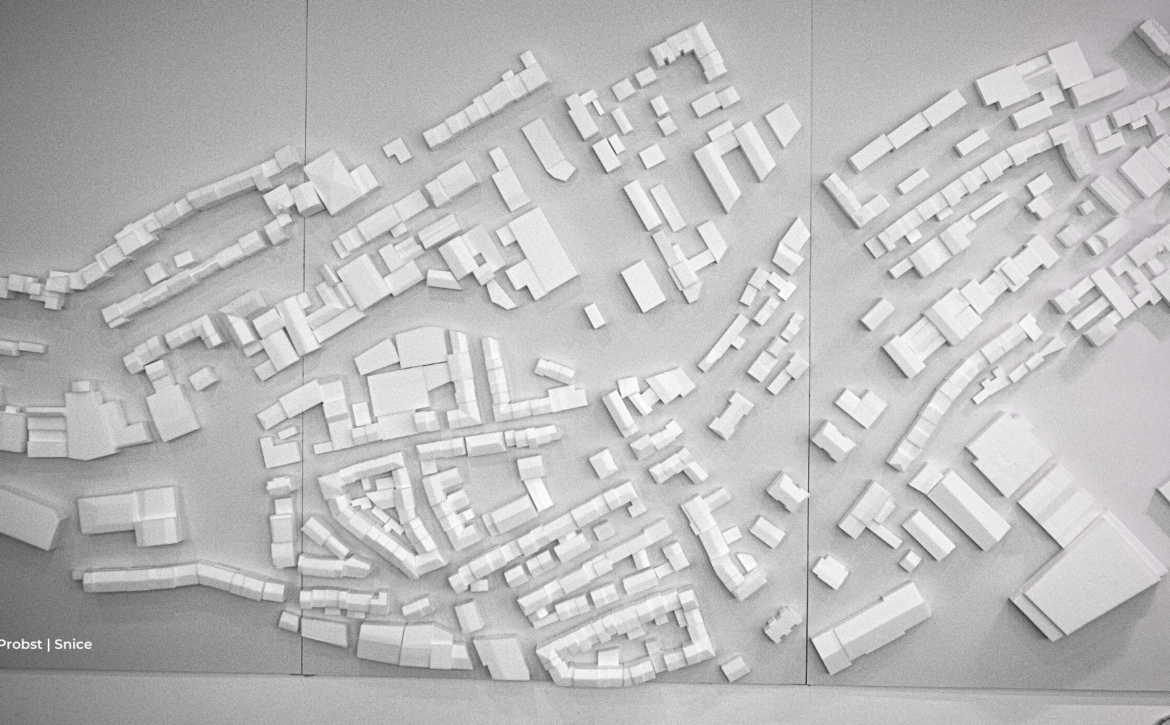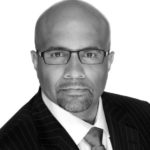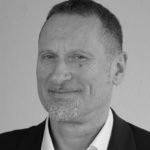Becoming Climate-Neutral in the Heart of Industrial Germany
Wuppertal – A city with an intriguing story of urban transformation. Suffering heavily under the industrial shifts in Germany towards the end of the 20th century, it has started to emerge as one of Germany’s prime examples of how cities can adapt to the challenges of the 21st century. Watch as our patron Uwe Schneidewind, Mayor of Wuppertal, talks about his vision for a climate-neutral city and the role of mayors in reducing carbon emissions.



























 Dr. Claudia Kristine Huber
Dr. Claudia Kristine Huber
 Neel Brown
Neel Brown Dane Stangler
Dane Stangler